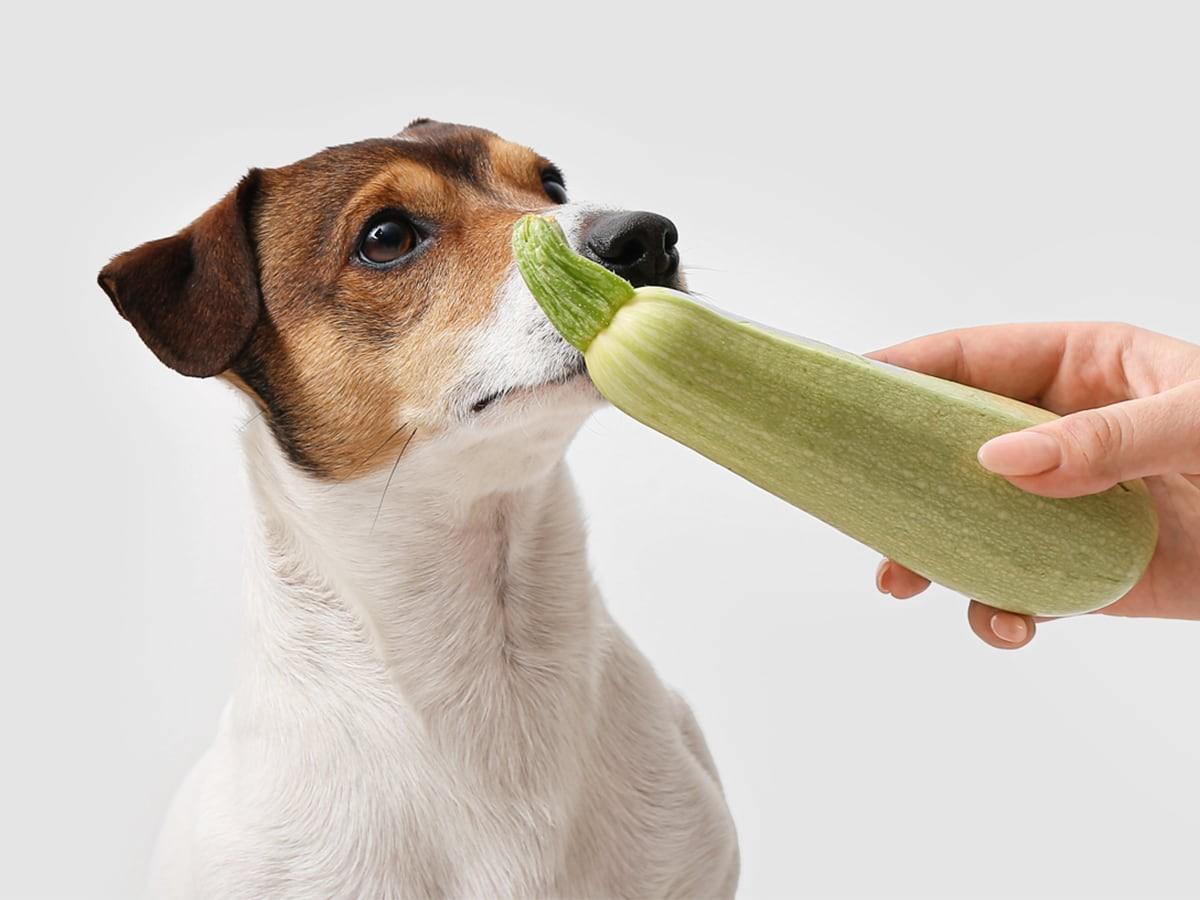As pet owners, we want to provide our pets with the best nutrition. But can dogs eat squash? This comprehensive guide will explore the benefits, risks, and preparation tips for feeding squash to your dog.
Is Squash Safe for Dogs?
Yes, most types of squash are safe for dogs when prepared correctly. Squash offers a variety of nutritional benefits for your canine friend, making it a healthy and tasty addition to your dog's diet.
Benefits of Squash for Dogs
High in Fiber: Squash is packed with fiber, which aids in digestion, promotes regular bowel movements, and helps maintain a healthy weight.
Rich in Vitamins and Minerals: It's a good source of Vitamin A, Vitamin C, potassium, and antioxidants, all contributing to eye health, immune function, and overall well-being.
Digestive Support: The fiber and water content in squash can soothe digestive issues like constipation or diarrhea.
Low in Calories: Squash is a low-calorie treat, making it a great option for dogs who need to watch their weight.
Can Dogs Eat Squash Cooked or Raw?
Dogs have the easiest time digesting squash that has been steamed or roasted. Squash being fed to dogs should be plain, without any butter mixed in. You'll also want to avoid feeding your dog any squash seasoned with onion, salt, and garlic salt, which are toxic for dogs.
How to Prepare Squash for Dogs
Choose Your Squash: Most varieties are safe, including butternut, acorn, spaghetti, zucchini, and yellow squash.
Wash and Prep: Thoroughly wash the squash, remove the seeds, and peel.
Cook: Steam, bake, or roast the squash until tender. Avoid adding any seasonings.
Serve: Let the squash cool completely before serving. Cut it into bite-sized pieces or mash it depending on your dog's preference.
Serving Size: Start with a small amount and gradually increase as your dog tolerates it. A good rule of thumb is to keep dog treats to no more than 10% of their daily caloric intake. A small or toy-sized dog should only eat about a teaspoon or two of butternut squash a day, while a medium dog can have a tablespoon or two, and a large breed dog can have even more.
Is Yellow Squash Toxic to Dogs?
No, yellow squash is not toxic to dogs. In fact, it's a healthy and nutritious option for them. Just like other types of squash, make sure it's cooked properly and free of any seasonings before feeding it to your dog.
Squash is a particularly good choice for satisfying a dog's hunger without adding too many calories since it's low in calories and bulky, which means it will satisfy his appetite. The best types of squash to feed your dog are the following:
Butternut squash
Pumpkin
Zucchini
Acorn squash
You can also feed spaghetti squash and summer squash, also known as yellow squash.
Risks of Feeding Squash to Dogs
While generally safe, there are a few considerations:
Digestive Upset: Introducing too much squash too quickly can lead to stomach upset or loose stools.
Choking Hazard: Always remove seeds and peel before giving squash to your dog.
Can Dogs Eat Other Types of Squash?
Yes, most types of squash are safe for dogs when prepared correctly. Here's a quick guide:
Squash Variety | Can Dogs Eat It? | Notes |
Butternut Squash | Yes | Cook thoroughly, remove seeds and peel |
Acorn Squash | Yes | Cook thoroughly, remove seeds and peel |
Spaghetti Squash | Yes | Cook thoroughly, remove seeds and peel |
Zucchini | Yes | Can be offered cooked or raw, remove ends and seeds |
Yellow Squash | Yes | Cook thoroughly, remove seeds and peel |
Pumpkin | Yes | Plain, cooked pumpkin is safe, avoid pumpkin pie filling |
Expert Insights From Spot
While it can be fun to share our favorite foods with our pets, pet parents should keep in mind that sometimes, eating human food can upset a pet's stomach. Spot's internal data shows that on average, pet insurance claims for dietary indiscretions (pets eating too much of what they shouldn't) cost $572.* This high cost highlights why pet parents should keep an eye on what their pets eat, and do their research before sharing their favorite snacks with their dogs. Being mindful of what treats we share with our pets can help keep them healthy while helping pet parents avoid unnecessary vet bills.
Conclusion
Squash can be a healthy and delicious addition to your dog's diet. It's packed with nutrients, low in calories, and easy to prepare. Remember to cook it thoroughly, introduce it gradually, and consult your veterinarian if you have any concerns.
So, the next time you're enjoying a delicious squash dish, feel free to share a few bites with your pet. Just remember, moderation is key!

I've had the privilege of immersing myself in the realm of pet safety. As the owner of an energetic mini golden doodle, I know just how stressful being a pet owner can be. I am dedicated to ensuring our beloved pets enjoy a life brimming with good health.
*Jan 2019 to Aug 2024 Spot Pet Insurance Services, LLC claims data.
Fitchett, Hannah. "Can Dogs Eat Squash?" The Dog People by Rover, 29 May 2024, https://www.rover.com/blog/can-dogs-eat-squash/.
Patterdale, Sassafras. "Can Dogs Eat Squash?" American Kennel Club, 12 Jun. 2025, https://www.akc.org/expert-advice/nutrition/can-dogs-eat-squash/.
Walther, Ricky. "What Vegetables Can Dogs Eat?" Pawlicy Advisor, 22 April. 2025, https://www.pawlicy.com/blog/vegetables-dogs-can-and-cant-eat/.
AKC Staff. "Fruits and Vegetables Dogs Can or Can't Eat." American Kennel Club, 15 Oct. 2025, https://www.akc.org/expert-advice/nutrition/fruits-vegetables-dogs-can-and-cant-eat/.
The information presented in this article is for educational and informational purposes only and does not constitute or substitute for the advice of your veterinarian.












